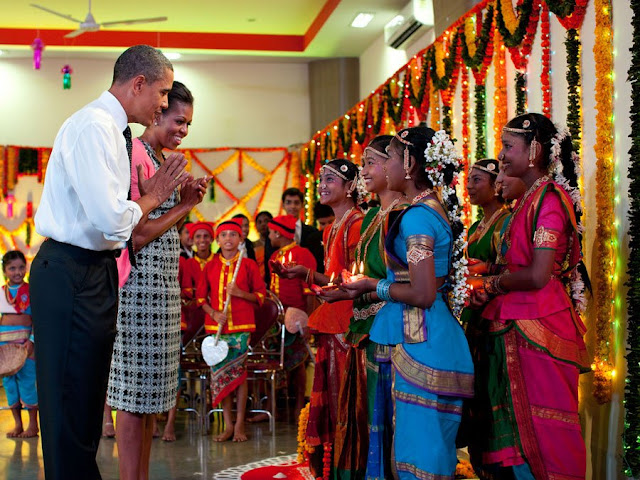Americans have been celebrating the 125th birthday of the Statues of Liberty it is the iconic symbol of freedom.
The anniversary was marked by a ceremony that echoed the original inauguration which took place on October 28, 1886, in front of the then-president Grover Cleveland.
 |
125-years-old: The landmark birthday of the iconic American symbol was celebrated on Friday, before it is closed for a year for renovations |
The birthday party concluded on Friday night with a 12-minute fireworks display choreographed to patriotic music. The statue came to symbolize freedom, especially for immigrants - 12 million of whom passed through nearby Ellis Island as they entered the United States.
The birthday ceremony saw 125 modern-day immigrants from more than 45 countries become citizens at the feet of Lady Liberty Statue on Liberty Island, in the heart of New York Harbor.
After the American and French national anthems were played, actress Sigourney Weaver read The New Colossus, a poem by Emma Lazarus inscribed under the statue in bronze, with the famous line about welcoming "your tired, your poor, your huddled masses yearning to breathe free". A salute from passing boats was then followed by the spectacular fireworks display.
The landmark statue will now close for a year for a £17m internal renovation project, although Liberty Island itself will remain open to tourists, who arrive by a short ferry trip.







